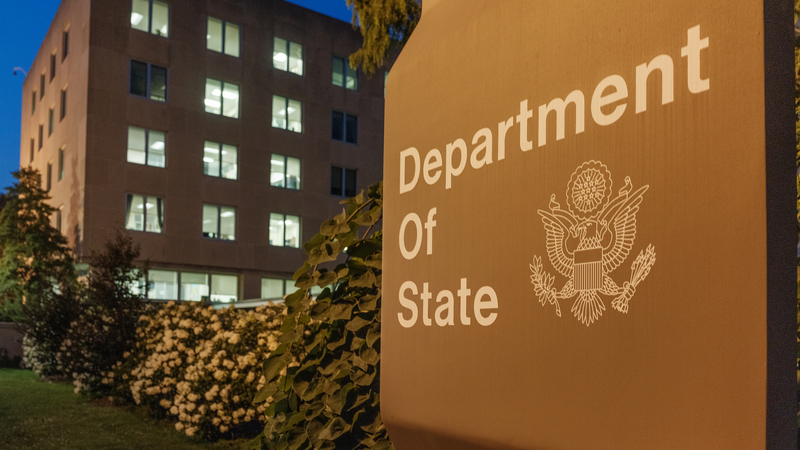In a sweeping move this year, the U.S. State Department has revoked over 6,000 student visas, marking one of the most aggressive visa crackdowns in recent memory. The majority—around 4,000—were pulled for legal violations such as assault, while 200 to 300 were flagged under a terrorism ineligibility rule.
These measures reflect a broader strategy by the Trump administration to tighten social media vetting, expand background checks, and scrutinize any signs of activism deemed hostile to U.S. interests. U.S. diplomats have been directed to watch for applicants with politically active histories, making campuses from Boston to Los Angeles hotbeds of new immigration policy tests.
For many international students, the risk of losing a visa has become a stark reality. Overstays and routine infractions now carry the threat of immediate cancellation, reshaping study-abroad plans and research collaborations worldwide. Data shows roughly two-thirds of visa revocations stem from criminal charges, while alleged support for terrorism remains under 5% of cases.
This hard-line stance has prompted an unexpected rebound from European research hubs. Countries like Germany, France and the Netherlands are scaling up grants and fast-track visas to attract talent turned away by the U.S., highlighting a fierce global competition for the next generation of innovators.
On campus, debates over free speech and foreign policy activism are under the microscope. Student protesters advocating for Palestinian rights amid the Gaza war report heightened anxiety over visa status. Some face deportation threats for voicing criticism of U.S. allies, fueling a chilling effect on political discourse.
Even top universities haven’t been spared. President Trump’s clash with Harvard over alleged campus antisemitism led to frozen federal investigations and threats to revoke the school’s tax-exempt status. In response, European institutions have opened new fellowship tracks, betting on continuity in global research exchange.
As the U.S. enters an election year, student mobility has become a front-line issue in the immigration debate. With more than 1 million international students contributing billions to the U.S. economy annually, the fallout from these visa revocations could redefine America’s role as a global education leader.
For aspiring scholars and universities alike, one question remains: Will the U.S. maintain its reputation as the world’s top destination for higher education, or will a tough-line policy drive talent to friendlier shores?
Reference(s):
U.S. State Dept revokes more than 6,000 student visas, official says
cgtn.com



